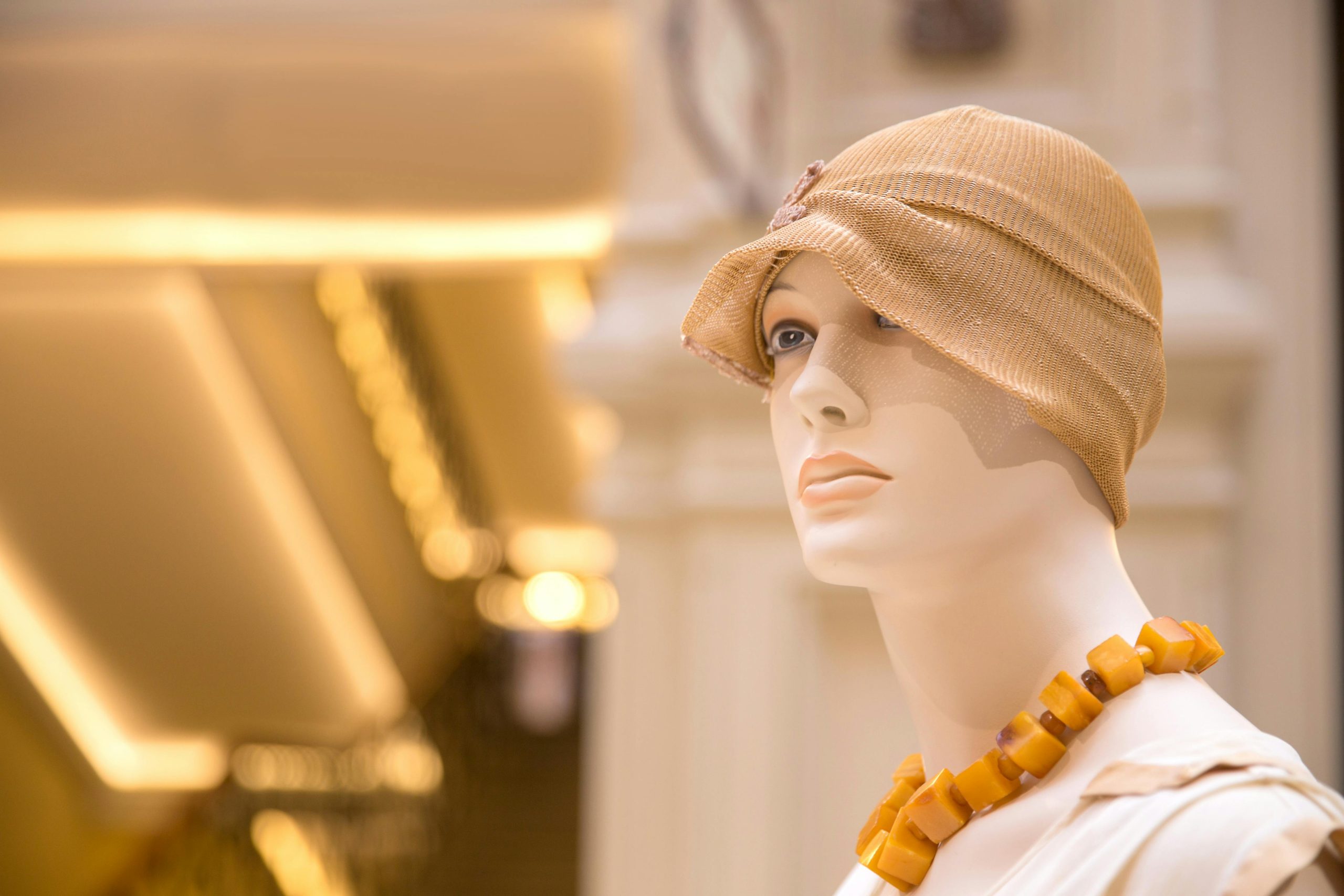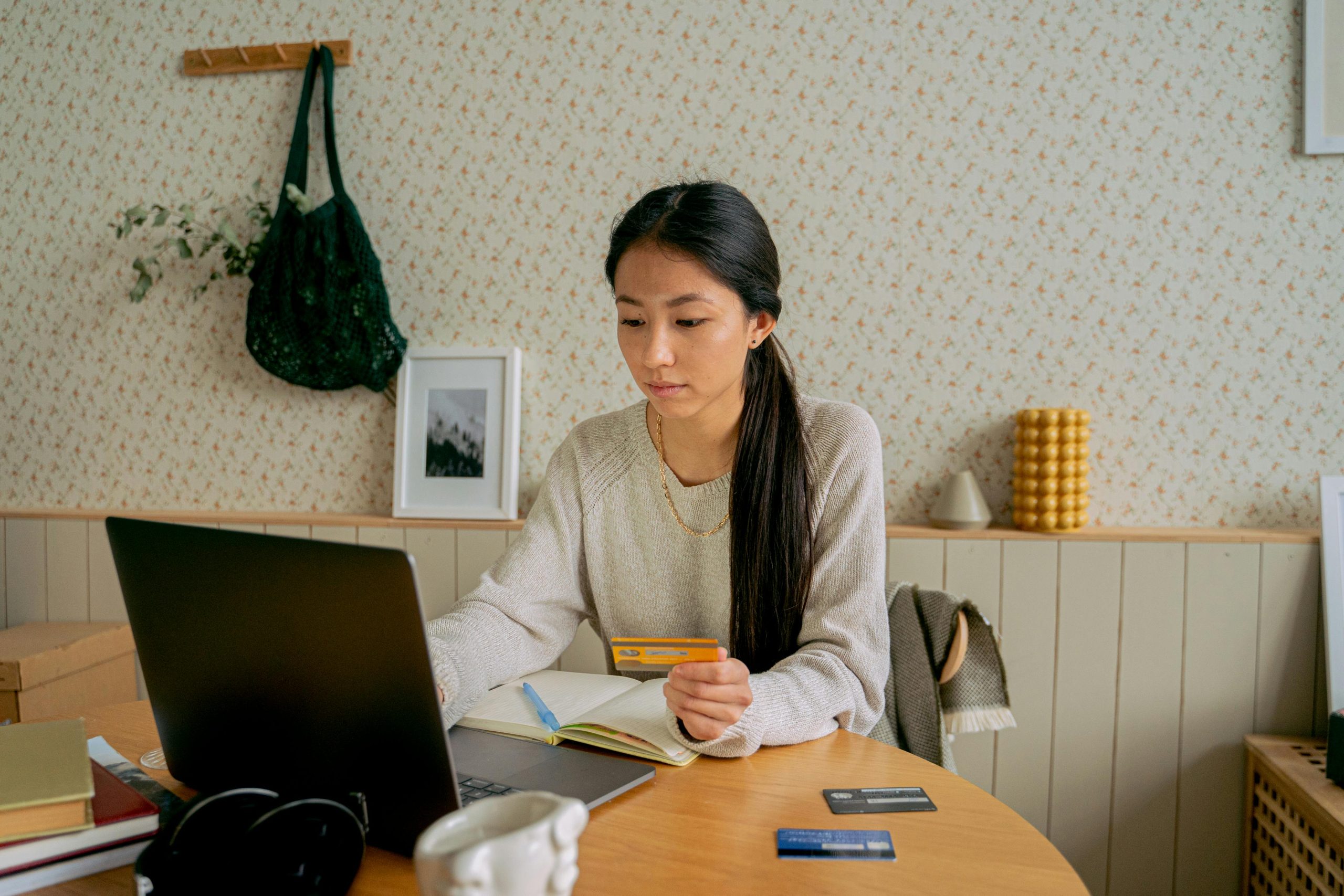Various Specialisations in Fashion Design
The fashion industry is indeed a vast and diverse landscape. It is an in-demand profession that is often misunderstood with fabric creation. However, its true meaning extends far beyond that. Fashion designing in general is a multifaceted discipline offering so much to aspiring individuals. There are various specialisations one can explore where creativity and innovation meet. If you’re someone who wants to explore a career in fashion, you’ve come to the right place. At Vogue, we’re pioneers in offering fashion design courses in Bangalore.
Whether you want to design, create or sell clothes, we have an array of fashion designing specialisations which one can pursue. It doesn’t matter if haute couture or sustainable fashion excites you, you can choose a niche which interests you the most.
Popular Fashion Designing Specialisations you can Consider
Apparel Design
Apparel design focuses on creating clothes for different segments and demographics including menswear, womenswear and childrenswear. It’s not limited to one type of clothing. It can be anything – formal wear, casual wear or even sportswear. Fashion designers are usually at the forefront of the business. Besides apparel making, they may also be involved in handling various fabrics and materials. Many people consider shoe and accessory designing also under fashion and apparel designing. The field not just entails creation of garments but clothes that are aesthetically-pleasing and functional.
Fashion Illustration
As the name implies, fashion illustrators are skilled artists that create visual representations of designs. When a designer needs to showcase his/her idea, they need illustrations for the same, and it’s the job of an illustrator to do it. To represent an idea properly, utmost clarity of thought is required and illustrators know exactly how to bring design concepts to life through visual representations. To convey a designer’s vision, mediums such as pencil, water colours and various digital tools are used. Those with a keen eye for detail and art usually choose fashion illustration as their specialisation.
Textile Design
Textile or fabric designers are involved in creating innovative and unique fabrics. They make an array of fabric designs using hand sketched or CAD software. They excel in techniques such as weaving, printmaking, and embroidery. From developing patterns and textures to conducting surface treatments in fashion, they have a key role to play in the fashion designing process. Textile designers work as freelancers or with a company. They’re also involved with fashion forecasting and trend research. They have to make sure that the textiles they’re producing are in sync with current trends.
Fashion Merchandising
As the term merchandising suggests, the role of a fashion merchandiser is to bridge the gap between design and retail. As an aspiring fashion design student if you pursue this specialisation, you will learn how to analyse market trends, consumer behaviour, sales data, and strategic product placement. Other roles include ensuring the right product is available in the retail stores at the right time. Fashion merchandisers usually work in retail or at a corporate level. They manage the entire lifecycle of the products and ensure they bring profits. They also ensure the right fashion products reach the target group effectively.
Fashion Styling
If you’ve noticed, actors usually give credits to their stylist with any picture they post. These people whom they credit are their fashion stylists. Their job is to curate and coordinate outfits for individuals, events and shoots. They excel in the art of giving clothing advice and working with brands. They create looks for photoshoots and work as personal stylists. They constantly need to keep themselves updated with new trends to ensure their client’s outfits are in vogue.
Accessory Designing
Another in-demand specialisation under fashion designing is accessory designing. As the name implies, you will learn how to design accessories such as handbags, shoes, jewellery, belts, and hats. To enhance the look of any outfit, accessories and complementary pieces are a must. These days, creating bespoke, personalised accessories and footwear is also a major trend.
Costume Designing
This is another vertical in fashion designing. Those who specialise in costume designing find themselves jobs in the theatre, films and television industries. They play an important role in creating costumes for characters that will enhance storytelling. Costume designers often require a deep understanding of historical periods, character development and cultural contexts.
Sustainable Fashion Designing
Another up-and-coming profession is sustainable fashion designing. There is an increased need for designers who can create garments with a sustainable and ethical approach. In this specialisation, students are taught how to use eco-friendly materials, incorporating ethical production practices and recycling materials to minimise the environmental impact of the industry.
Conclusion
Fashion design specialisation courses are ideal for individuals who want to channel their creativity and venture into specific areas of the fashion industry. By taking up a unique niche, you can develop a specific skill-set. It also enhances your marketability in the industry. Whether the innovation of fashion technology or the sustainability of ethical fashion excites you, we at Vogue Institute of Art & Design have a diverse range of specialisations in order to cater to individuals with various interests.




